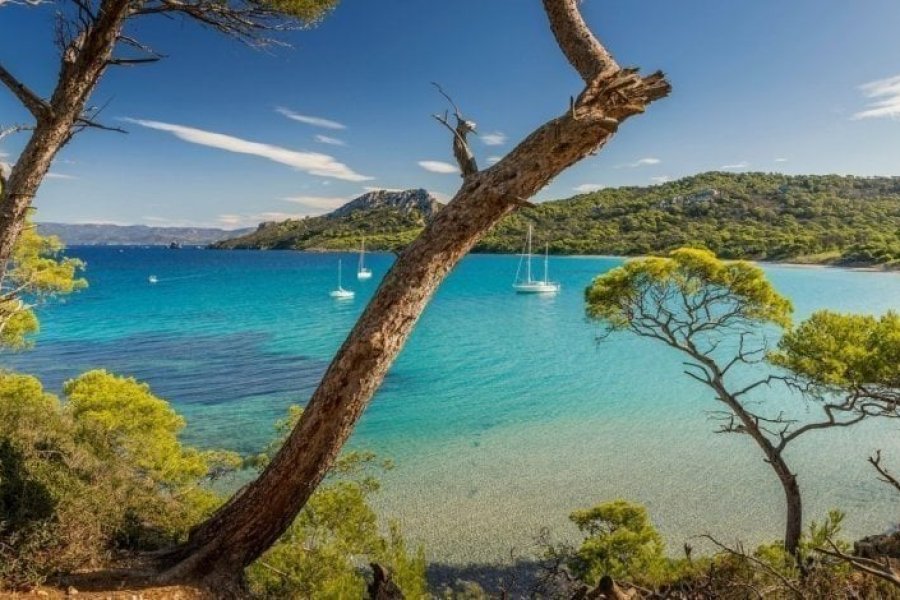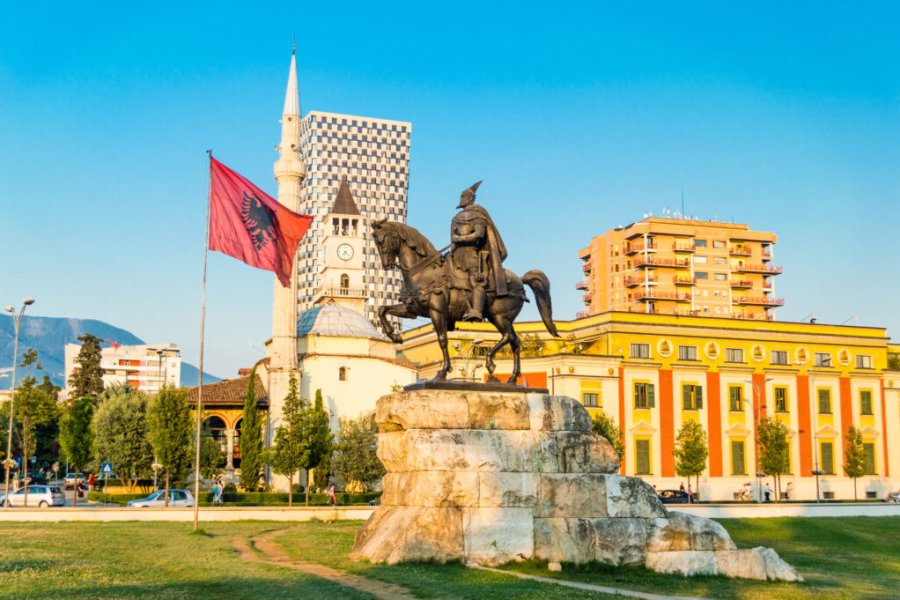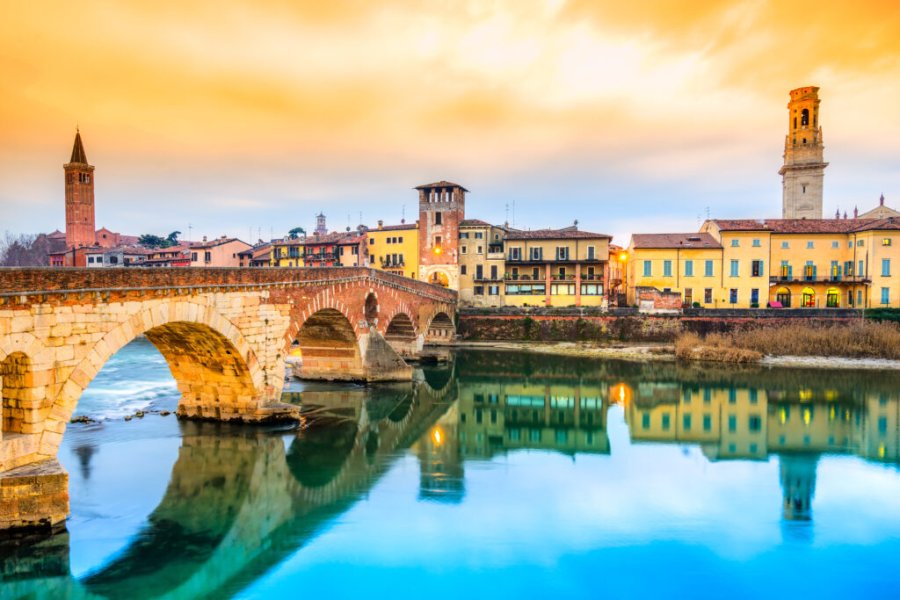Travel Guide Sfax
Find an accommodation
Advertising
Sfax comes from " safaqus" in Arabic. According to the legend comparable to that of Dido, " Safa" would be the name of a squire of the Aghlabid prince who founded Sfax in the IXth century and " qus" ("cut") would still come according to the legend from an order of the prince to delimit the city by using the expression: " Cut the ox skin in fine strips." Heir to an ancient settlement named in Latin "Taphrura", the city was a strategic and commercial center. It prospered until the Hilalian invasion of the 11th century, followed by the Norman occupation (1149-1160). Maritime city, subjected to the incessant raids of the Christian ships, it will find the political stability only in XVIe century.A very important port, Sfax is an industrial city (the second largest in the country with 280,000 inhabitants, the Grand Sfax has about 600,000 inhabitants, and covers 220 km² or as much as the agglomeration of Tunis). The city exports mainly olive oil, almonds and fresh or frozen fish. First national producer, the governorate produces on average 40% of olive oil and 30% of almonds in the country. It also exploits oil and more than one million tons per year from the natural gas field of Miskar. The commercial activity is local and regular, the center is that of a real working city. Sfax does not have much to offer to tourists. The contrast is thus quite striking for who comes from Djerba or even Sousse. If, fortunately, you have not been put off by its lack of Roman monuments, Edenic beaches and picturesque souks, Sfax will show you a true and unvarnished facet of modern Tunisia, active and open to the world. The people, known to be great traders, are moreover less pressing, and you will be able to freely stroll in the streets, around the central square, or sit at the café terraces without being accosted as a potential benefactor.It is therefore a relaxing city whose interest lies in its daily life. This plunge into the present time does not prevent you from taking an interest in the museum, quite rich in archaeological finds, in Thyna, or from discovering the medina, little visited by tourists (it often happens that you are the only foreigners), which gives a glimpse of the life that has always taken place in these alleys dotted with stores, colors and products of everyday life.There is no beach in Sfax, however, as its coastline is mainly occupied by its port; it is therefore on the Kerkennah islands, a half-hour ferry ride away, that Sfaxians go to sunbathe, or by going down the coast to Mahrès.Finally, Sfax is really worth a stop. Located halfway between Djerba and Sousse, the city is an excellent place to cut a long trip between the two resorts. Visit Dar Baya, for example, our favorite guest house: a superb charming hotel in the middle of the medina.Good to know: the medina is closed on Mondays. Moreover, the city of Sfax traditionally goes to bed early, so it is better not to wait too long to go out for dinner, otherwise you will find the kitchens closed.
What to visit Sfax?
Advertising
Weather at the moment
Advertising
Organize your trip with our partners Sfax
Transportation
Book your plane tickets
Car Rental
Boat rental
Accommodation & stays
Find a hotel
Holiday rental
Find your campsite
Tailor-made trip
Immersion travel
Services / On site
Activities & visits
Find a doctor
Sfax travel inspiration
Find unique Stay Offers with our Partners
Other destinations nearby Sfax
5 km away
100 km away

















